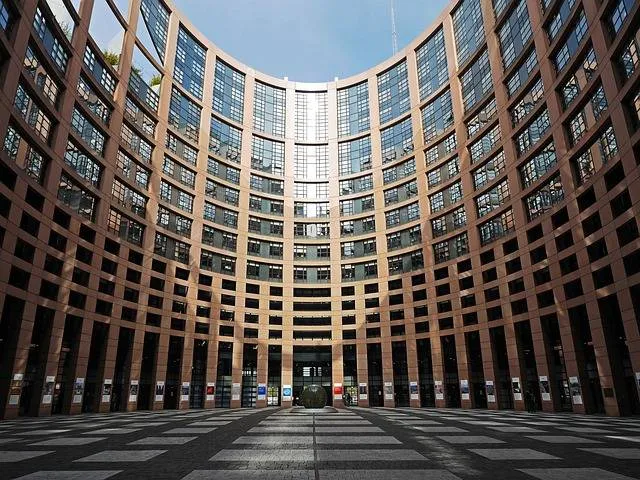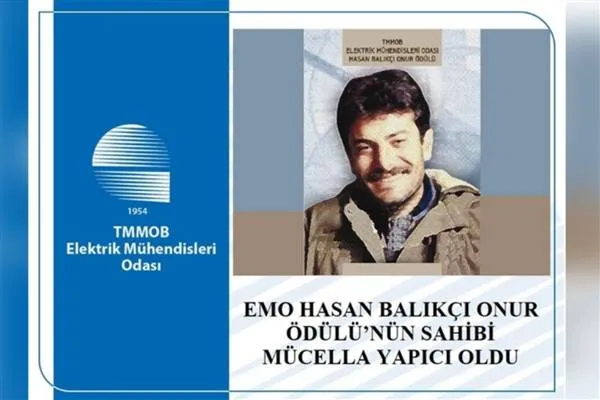Pro-European center remains strong in EU elections
Brussels, June 10 (Hibya) - The populist right made gains in the elections for the European Parliament, but pro-European centre parties remained strong.
The far right is celebrated in France, Germany and Austria, but mainstream centre parties are on track to retain their majority.
In France, Emmanuel Macron called for early elections after his allies suffered a crushing defeat at the hands of Marine Le Pen's far-right National Rally, while in Germany, Olaf Scholz's coalition had a bad night as the far-right Alternative für Deutschland (AfD) made significant gains.
According to provisional results, the Christian Democratic Union/Christian Social Union, currently in opposition, took a decisive lead with 30.9 percent of the vote. The AfD increased its share of the vote to 14.2 percent, up from 11 percent in 2019, despite a series of scandals, including its candidate for leader saying that the SS, the Nazis' main paramilitary force, were “not all criminals”.
According to the exit poll, Scholz's Social Democratic Party fell to 14.6 percent, worse than its weakest result in 2019. The Greens, which came second in 2019 with 20.5 percent, slipped to fourth place with 12.8 percent.
Italian prime minister Georgia Meloni's position as a possible kingmaker was confirmed as the far-right Brothers of Italy party won 26-30 percent of the vote, comfortably ahead of its centre-left rivals with 21-25 percent, according to exit polls.
In Austria, the far-right Freedom Party came first with 25.7 percent, ahead of the conservative People's Party and the Social Democrats with 24.7 percent and 23.2 percent, respectively.
In the Netherlands, Geert Wilders' far-right party came second behind the Left-Green alliance but fell short of expectations. The Freedom Party won 17 percent of the vote, while the Left-Green alliance led by former EU Commission Vice President Frans Timmermans came in at 21.1 percent.
Viktor Orbán's Fidesz party also performed below expectations. According to provisional results, Orbán's ruling coalition came first with 43.7 percent, worse than the 50 percent predicted in opinion polls. The new rival party, led by former loyalist opposition leader Péter Magyar, received 30.7 percent.
The center-right European People's Party (EPP), which also topped the polls in Spain and Poland, won the most seats, boosting the chances of its leading candidate Ursula von der Leyen for a second term as European Commission president.
"There is still a majority in the centre for a strong Europe, and this is very important for stability. In other words, the centre is holding,” von der Leyen said. She said extremists on the left and right were gaining support, which placed “great responsibility on the parties in the centre”.
The Socialists won the largest share of the vote in Malta, Romania and Sweden, helping the centre-left maintain its position as the parliament's second-largest group, albeit much weaker than in the 1990s when it led many more governments.
The EPP, the Socialists and Democrats, the centrist Renew group and the Greens won 462 of the 720 seats, giving them a share of 64.1 percent, compared to 69.2 percent in the old parliament, according to a projection based on final and provisional results late on Sunday.
However, the Greens are not part of this “platform” because they do not support von der Leyen as Commission president in 2019.
Usa News Agency
















